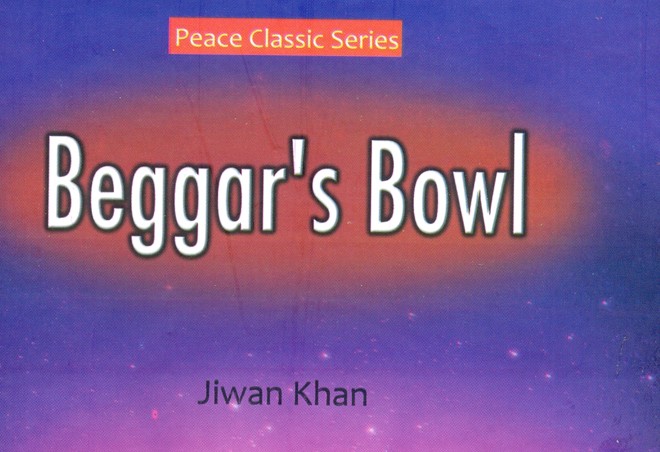
An attempt to reconnect an alienated youth with the fountainheads of philosophy

One of the most important emerging issues in Pakistani academia is the debate between the Natural Sciences (what we traditionally know as Science subjects) and what Indian historian Romila Thapar has called the Human Sciences (social sciences and humanities combined). With the emergence of a narrative that advocates the systematic exclusion of the Human Sciences from the academia, and with the appointment of Science faculty as administrators in General category universities, it is obvious that policy makers do not see an active future for the Human Sciences.
This, of course, stands as the anti-thesis of where the rest of the world is headed. The University of Oxford, to name one example, is going to have Professor Louise Richardson as its new Vice Chancellor in 2016. Professor Richardson is a Social Scientist with a BA in History, an MA in Political Science, and MA and PhD in Government. She is a legal expert on terrorism, the most pressing concern for the world, and dare I state the obvious, terrorism studies are also part of the Social Sciences.
It is in this light that educationists may view the decline of what is known as a "reading habit" among students at the university level. While other factors also have a great role to play, I believe that the emphasis on Natural Sciences as the saviour discipline is the major reason for students’ lack of interest in reading History, Literature and Philosophy.
An innocuous-looking, recently published book, therefore, catches my attention as it presents a reality check to those of us who wish to understand the claim that the Human Sciences should hold primacy over the Natural Sciences.
Beggar’s Bowl by Jiwan Khan is a summation of a lifetime of reading. The author is a retired bureaucrat who held various key posts during his distinguished career. The book, however, reveals that his life has been spent collecting nuggets from literature, philosophy and history.
The book’s foreword, penned by Dr Tahir Kamran, an eminent educationist and historian, is a valuable document in itself. Dr Kamran succinctly provides an overview of the deliberate alienation of the North Indian Muslims’ "self". To him, Beggar’s Bowl could serve as a tool to connect a young Pakistani reader with the multi-faceted traditions that have influenced national thought, particularly in a post-1857 restructuring of Muslim thought.
The book under review is divided into twelve chapters. These chapters are, to use the title of the first chapter, "a way-farer’s treasure trove". While a large portion of the book is dedicated to gleanings from Quran and Sufi philosophy, stressing love and humanity, it is important to note that the author also culls wisdom from Western sources. This balancing is significant because it aims to redress a historical wrong. As pointed out by Dr Kamran in the foreword, the dilemma faced by post-colonial societies like Pakistan is an "elusive relationship with the past", and the resultant "moral void and intellectual stasis".
Beggar’s Bowl addresses this void by giving glimpses of the rich and multi-dimensional past of the Indian subcontinent. While the Quran is often referred to, the Geeta and Bible are also quoted as sources of wisdom and humanity. On the one hand, the book provides a review of the philosophy of Sufis from the Muslim tradition -- Maulana Rumi, Data Ganj Bakhsh, Imam Ghazali and Ibn-Arabi. On the other, the author also provides nuggets from the life philosophy of non-Muslim giants like Guru Nanak, Mother Teresa, Baba Ramdev, Marla Ruzicka and even Deepak Chopra. This shows the variety and diversity of Jiwan Khan’s inspiration and philosophy.
The book also helps locate contemporary youth in a world of philosophical and humanist roots that somehow ironically seem to have been eroded with the onslaught of technology. Reading books is no longer fashionable, and a cursory survey of any university classroom attests to the veracity of this claim. Jiwan Khan’s book summarises and infers, and then presents the information in the form of easily accessible points. This is the core strength of his style, and would help attract young readers who, due to their fixation with the smart-phone age, demand quick and easy fixes. They would rather Google Confucius and read short articles about him than try to access the original source. Beggar’s Bowl reaches out to such readers by simplifying the subject matter.
Keeping in mind that this book is an attempt to re-connect an alienated youth with the fountainhead of philosophy, the price is steep. This seems unjustifiable because the book looks like the ordinary books printed locally which normally are priced at half the rate. Perhaps the book can be made more accessible by lowering this price.
To quote the foreword, "love for all, and malice towards none" that is the lesson we ought to take away from this book.